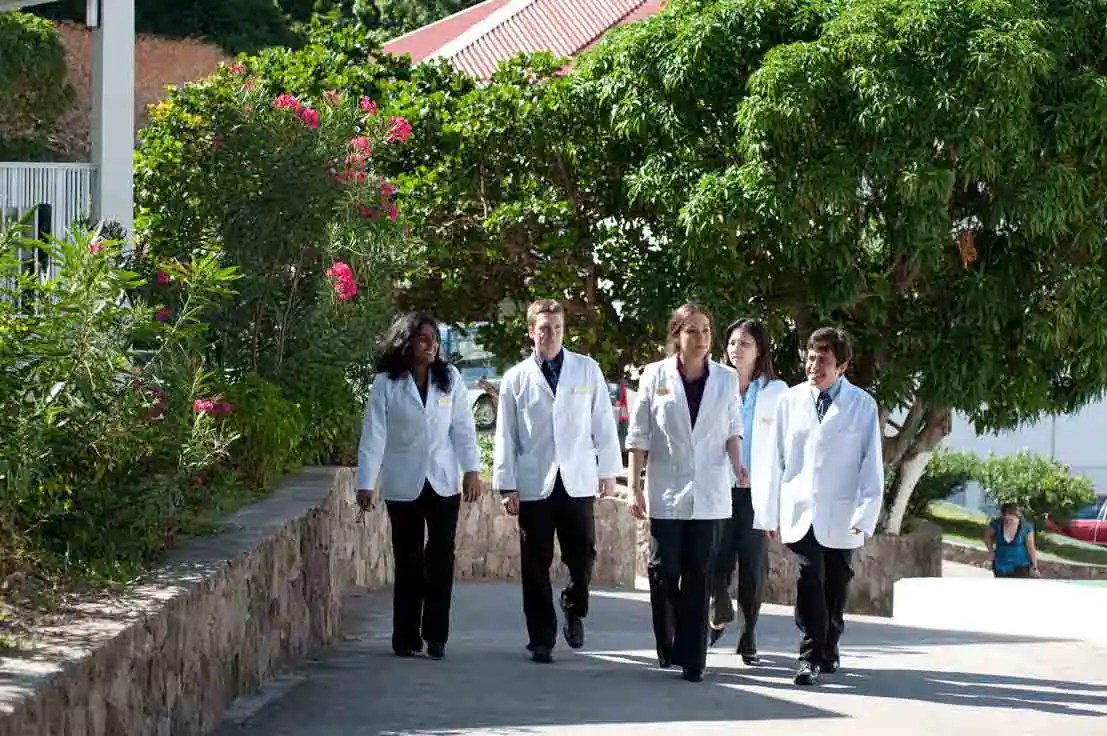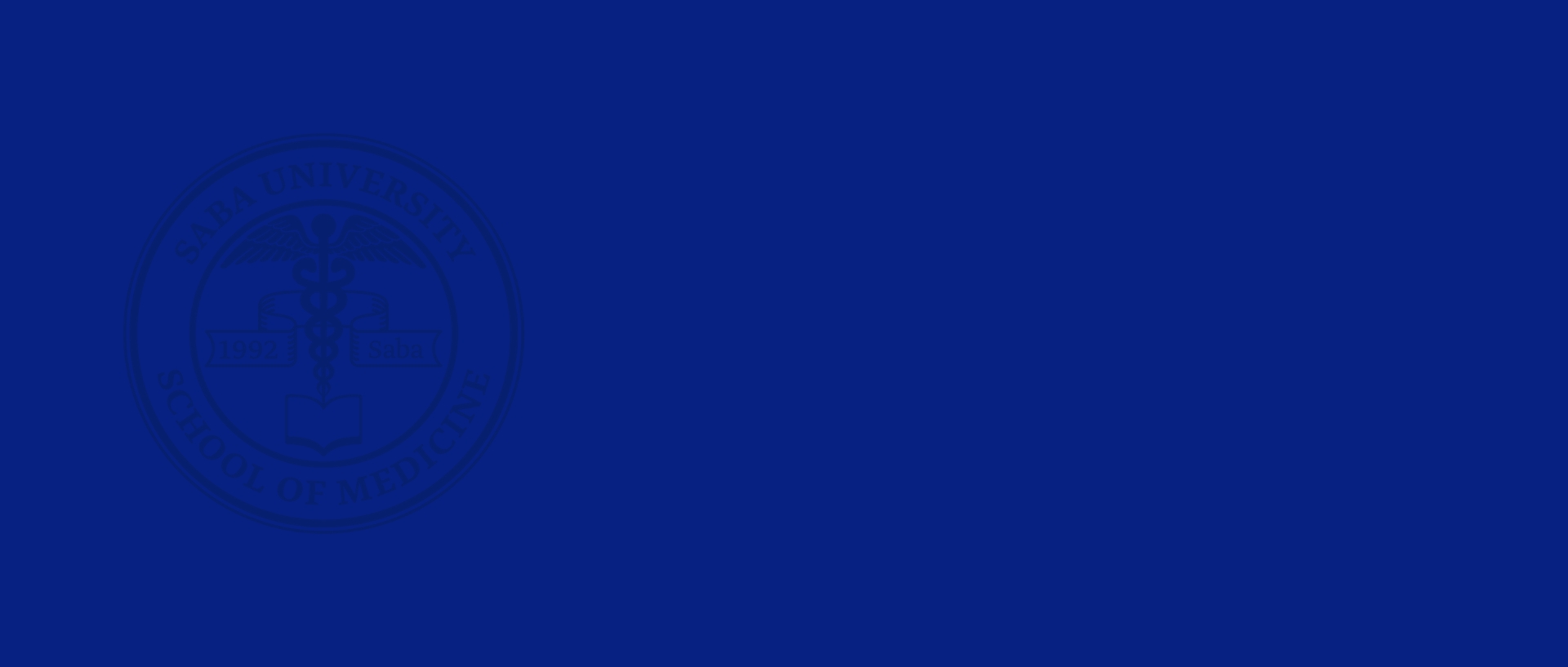
International Medical School Graduates Helping Fill Critical Shortage of Doctors Across Canada
Canadian students who receive their medical training abroad at GUS Canada’s med programs are helping to fill the shortage of doctors.
As Canada continues to face a critical shortage of medical doctors, a growing number of Canadian students who receive their medical training abroad at Global University Systems Canada’s (GUS Canada) medical programs are helping to close the gap.
According to the 2022 Canadian Occupational Projection System, Canada is projected to face a shortage of over 44,000 physicians by 2028, with rural and remote areas being particularly hard hit. The growing number of Canadian students who study abroad and receive their medical training at GUS Canada’s medical programs – including its leading institution Saba University School of Medicine (Saba) – offers one solution to address this crisis. Given that only 20% of Canadian medical school applicants are accepted, Saba provides quality students with an opportunity to pursue their medical education and return to practice in Canada if they wish.
Located on the island of Saba in the Dutch Caribbean, Saba has a proven track record of high-quality medical education. In order to practice medicine in Canada, Saba students meet and/or exceed Canadian standards and qualifications and graduates must be licensed by the Canadian and provincial licensing boards such as the College of Physicians and Surgeons Ontario or the Royal College of Physicians and Surgeons of Canada. For those that want to return home to complete their residency training in Canada, they must also compete with graduates of Canadian medical schools for selection through the Canadian Resident Matching Service (CaRMS).
“Saba-trained medical students have consistently demonstrated their ability to excel in residency programs and fill important roles in healthcare institutions across the country,” says Sandra Banner, former CEO of Canadian Resident Matching Service (CaRMS) and current Medical Education Systems Consultant across Canada. “Saba is well recognized as one of the top international schools whose graduates match back into Canada.”
For example, Dr. William Kingston came to Saba as a Dean’s List undergraduate at Queen’s University. Upon graduation, he matched into a five-year Neurology residency at the University of Toronto, where he was named Chief Resident. He went on to pursue a Headache Medicine Fellowship at the Mayo Clinic College of Medicine in Arizona. Currently, Dr. Kingston is a Neurologist and a Headache Specialist at Sunnybrook Health Sciences Centre in Toronto. He is also an Assistant Professor of Neurology at the University of Toronto and is actively involved in the Adult Neurology Education committee that interviews and accepts residents.
“As a Canadian, I always knew that I wanted to come back to Canada to practice medicine. My international training not only gave me a broader perspective but also helped me think about healthcare delivery in novel ways,” says Dr. William Kingston. “Today, there are many international medical school graduates in search of residency placements here in Canada. And to be clear, many of these students are Canadian citizens who are eager and ready to contribute to the Canadian healthcare system and help alleviate the current shortage of doctors in the country.”
Since 2007, more than 1,400 Canadians graduated from Saba and 250 accepted residency placements back in Canada. To support those looking to come back to practice at home, each province must do more to recognize the potential of these students and take concrete steps to support their integration into the Canadian healthcare system by opening up more residency placements for International Medical School Graduates. By doing so, it can leverage the talents and expertise of these students to ensure that more Canadians have access to the high-quality healthcare services they deserve.
“Canada needs more doctors. For the country to address the shortage of medical doctors, it is essential that we recognize the potential of Canadians who pursue their medical school training internationally,” says Cyndi McLeod, CEO of GUS Canada, Saba University School of Medicine. “When Saba students come back to Canada to complete their residency program, they tend to remain in the country and establish flourishing practices. Having enough available residency spots is the first step to get them to return and stay home.”

For prospective students
Saba is committed to supporting prospective students with any questions or queries throughout the application process. Please see the following links for detailed information about each topic:
If the information you are seeking is not provided here, please get in contact by contacting via WhatsApp here.
Get in touch for more information